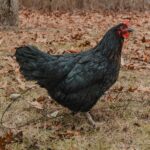
Black Sex Link Started Pullet – 15 to 22 weeks old female
Shipped Only Year Round. No Pick up Orders!
Started Pullets are 45.00 ea. Shipping charges are non refundable.
MAXIMUM OF 2 PER ORDER ONLY
NEXT AVAILABLE SHIP DATE IS IN AUGUST
Continue Reading
Not Sexed Black English Orpington
Continue Reading
Male Black English Orpington Chicken
Continue Reading
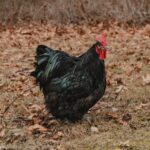
- Black English Orpington – Sold as Baby Chicks Only
Minimums –
Not Sexed = 3
Female = 3
Male = 1
Total of 3 birds to ship
Seasonal/Shipped Feb thru September
Coming in 2026
Continue Reading
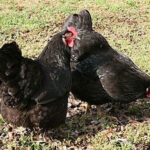
Black Australorp chickens were developed in Australia by crossing black Orpingtons from England with other breeds that are good egg layers. The idea was to develop farmstead chickens that excel in egg production. The breed name comes from combining the words Australia and Orpington. Physical Attributes The United States favors Australorps that are black, although […]
Continue Reading
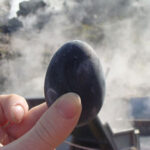
The internet is rife with photographs of eggs from chickens and other poultry that have black shells. Are they a trick of the imagination? Poor photographic lighting? Or true poultry eggs with inky shells? If so, which poultry breed lays a black egg? Maybe Ducks Among ducks, the Cayuga sometimes lays eggs with black shells. […]
Continue Reading
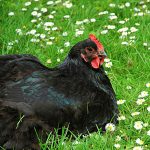
The definition of black chicken breeds depends on who’s talking. The term might refer to a breed that’s truly all black — feathers, comb and wattles, beak, shanks and feet, skin, and even bones. But some chicken breeds with black skin and other body parts have varieties with alternative plumage colors besides black. Many chickens […]
Continue Reading
Male Black Laced Silver Wyandotte
Continue Reading
Female Black Laced Silver Wyandotte
Continue Reading





